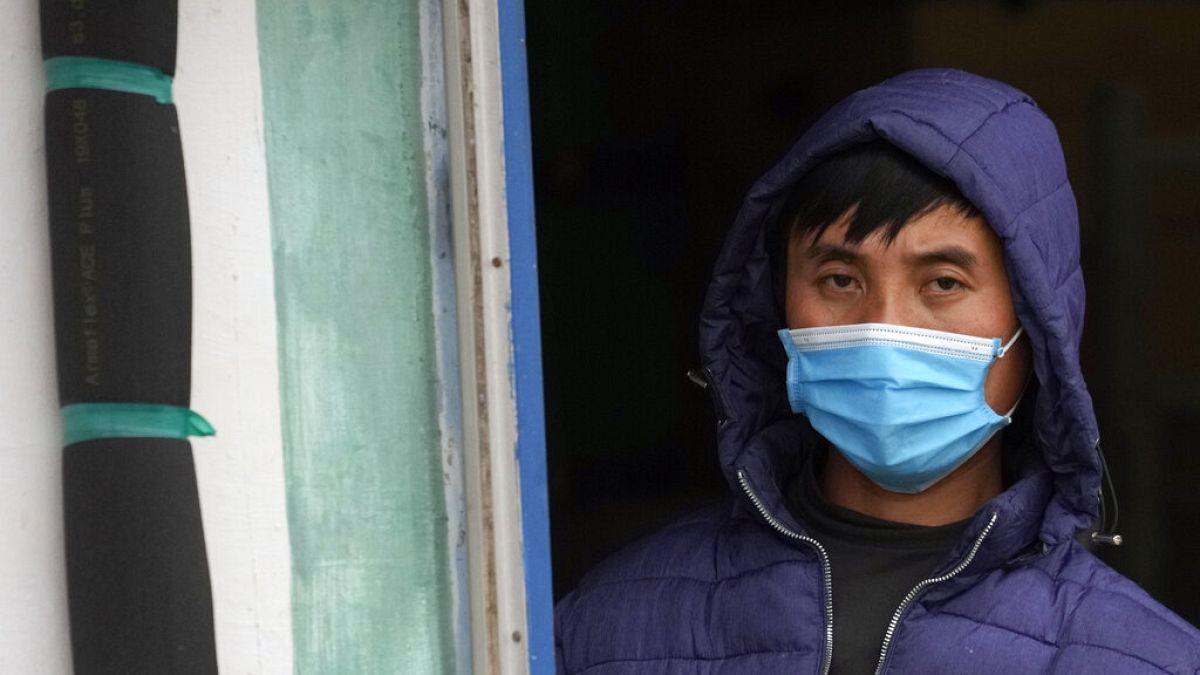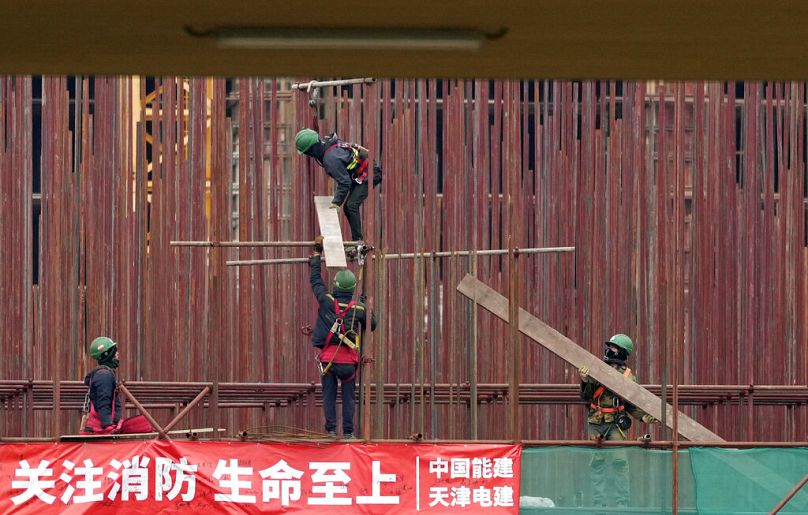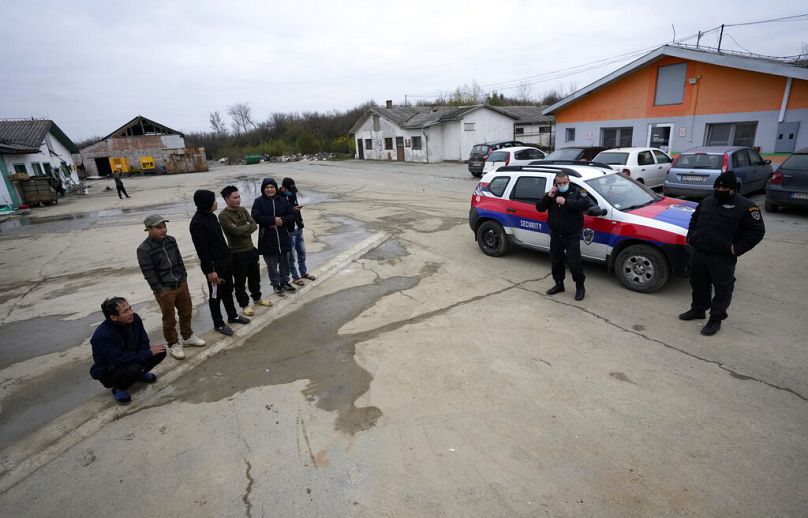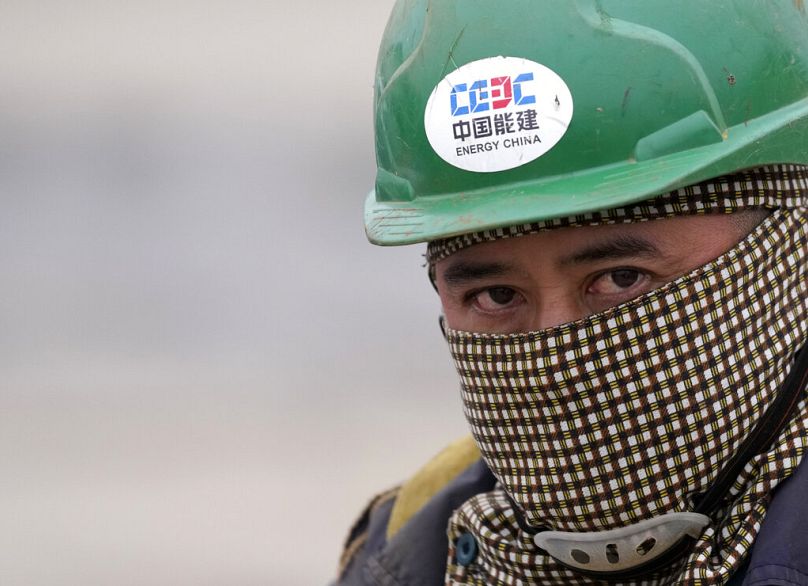Last month, the treatment of Vietnamese workers building Serbia's first Chinese tyre factory caused a scandal. The government must uphold the rule of law no matter how attractive the investment, writes Vuk Vuksanovic of the Belgrade Centre for Security Policy (BCSP).
The Sino-Serbian partnership has blossomed in recent years — according to the National Bank of Serbia, Chinese investments in Serbia have grown to more than $2 billion (€1.8 billion) in the past ten years while publicly available data show Chinese infrastructural loans in Serbia exceed $8 billion.
However, the case of the Serbian town of Zrenjanin, where the Chinese tire manufacturer Linglong is building a tire factory, tells the darker story of the partnership: one where Chinese business projects degrade environmental and labour standards, endangering the rule of law in the country receiving Chinese financing.
Investment at an environmental cost
The agreement on the construction of the factory was reached in September 2018, when Serbian President Vučić met his Chinese counterpart Xi Jinping at the World Economic Forum in Beijing.
When the investment was announced, it was proclaimed the largest greenfield investment in the country, valued at nearly $1 billion.
It turned out that the Chinese investment did not come without major incentives. The Serbian government donated to Linglong 96 hectares of arable land, followed by subsidies of 75.8 million euros. However, there are other concerns as well.
The first concern is environmental. Zrenjanin has a reputation for being one of Serbia’s most polluted towns, and the city has been without drinking water since 2004.
In 2020, Serbian NGOs revealed that some of the construction work surrounding the plant had been done without permits or environmental studies, and violations of standard protocols had followed.
This was not the first China-related environmental concern Zrenjanjin had witnessed. That same year, the government was forced to close on environmental grounds the Chinese plastic recycling plant FeitianSuye in the village of Perlez after large environmental protests in Belgrade.
There are concerns about the fate of Carska Bara, a nature reserve close to Zrenjanin, and about future emissions of carbon dioxide.
Serbian government's vacillations on workers' rights
The labour standards told an even darker story. The Serbian media reported on the fate of 500 Vietnamese workers employed in the construction of the factory. They were hired by the TEPC (China Energy Engineering Group Tianjin Electric Power Construction Co), a subcontractor in charge of the factory's construction, and lived in barracks without electricity, heating or water, with their passports taken from them.
The treatment of Vietnamese workers in Zrenjanin was also similar to that of Chinese workers in RTB Bor: a Serbian copper mining complex owned by the Chinese company Zijin Mining since 2018.
As reports began to circulate, the factory’s security tried to prevent the media from accessing the site with Vietnamese workers, and to prevent local activists from bringing a whistleblower who reported the story to the media to safety.
These attempts failed, thanks to the efforts of both activists and workers. Meanwhile, employees were moved to more comfortable accommodations to hide from the media. Many were forced to sign a statement saying they “voluntarily and consciously” agreed to work.
The Serbian government remains vague on this issue, showing that it is willing to tolerate the degradation of the environmental and labour standards to please Chinese investors: part of a well-tested pattern. The Serbian elite uses Chinese capital to keep the GDP and employment afloat while using it as a tool of domestic promotion.
Serbia’s Minister of Construction, Traffic and Infrastructure Tomislav Momirović has said the workers themselves are to be blamed, as they are well-paid and can afford better accommodation. Prime Minister Ana Brnabić tied the story to discontent with Chinese investors.
Questions raised for the rule of law in Serbia
In 2020, the police prevented local activists from attending a public discussion on the factory’s environmental impact. The same was done in early 2021 in the city of Novi SAD, also with regard to the Linglong factory.
In late 2020, city authorities in Zrenjanin adopted a decision to approve the environmental impact assessment study made by Linglong. The city authorities had claimed this was not within their jurisdiction a year before.
This prompted civil society organisations to sue the city in the Administrative Court. Even before the reports on the Vietnamese workers were published, the factory blocked Serbian media from recording the facilities without the authorities reacting to this behaviour.
To make things worse, the Serbian weekly NIN suspects that Chinese workers in Zrenjanin might be Chinese convicts undergoing forced labour abroad in exchange for reduced sentences. No legal proof was provided, but it raises questions about whether the rule of law applies to Chinese investors at all.
The privileged position Chinese investors have is reflected in how the government abstains from upholding the law, and in its adoption of new legislation.
In 2018, the same year Linglong’s investment was announced, China and Serbia signed an agreement on social security, according to which Chinese employees of Chinese companies in Serbia would be exempt from pension and unemployment insurance contributions.
The agreement was ratified in the Serbian parliament. Consequently, Serbian labour law does not apply to Chinese workers. Still, the Serbian government has the right to inspect issues like health and safety at work, which it clearly does not do to avoid alienating Chinese investors.
On top of that, the Serbian government has also shaped its regulatory environment to facilitate the arrival of Chinese capital. The 2019 law on public procurement weakened previous rules on competition, access to public information, and environmental protection. The 2020 law on “special procedure” has now allowed the government to designate infrastructure projects urgent, bypassing procedures concerning public procurement.
Meanwhile, Serbia experienced environmental protests in response to the government adopting the Law on Referendum and Law on Expropriation, which is seen as favouring environmentally damaging investors, including Chinese companies and a Western multinational, Rio Tinto.
While the Chinese investments are attractive, they also bring risks to the local population, which has to live with inadequate standards.
Serbs will have to inhale emissions from the Chinese factory, and there are no guarantees that Serbian workers tomorrow will not experience the fate of Vietnamese workers.
The Chinese are not to be blamed, however. The responsibility is with the Serbian government. If the government does not respect its own laws, there is no reason why China or anyone else will do the same.
_Vuk Vuksanovic is a senior researcher at the Belgrade Centre for Security Policy (BCSP) and an associate of LSE IDEAS, a foreign policy think tank of the London School of Economics and Political Science (LSE). _



